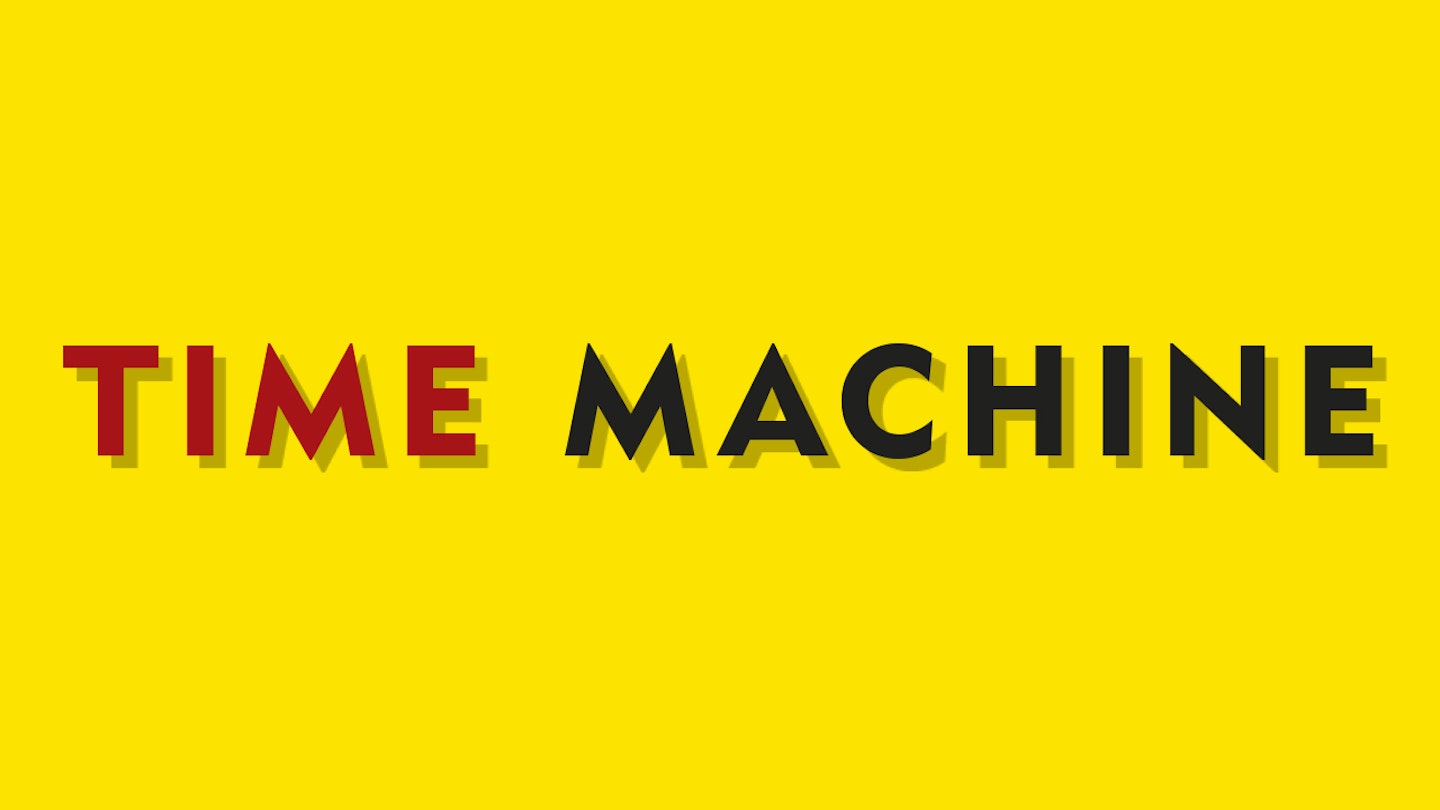24 September 1957
THE FILM MISTER ROCK AND ROLL, STARRING DJ ALAN FREED, HAD OPENED AT THE PARAMOUNT IN NEW YORK CITY. Yet another in the ongoing series of films in which Freed presented a miscellany of songs by rock, R&B and pop performers, this edition featured Frankie Lymon And The Teenagers, Chuck Berry, LaVerne Baker, Brook Benton, Little Richard, The Moonglows and others. “Young People!” screamed the ad for the movie. “Show your parents how terrific your music is! Take them to see this picture.”
Understanding the irresistible pull of this new music, a DJ from Baltimore had made a bid for Freed’s seemingly unassailable crown earlier in the month. The jock, known as Buddy Deane, had launched his Bandstand Show on station WJZ-TV, providing pop and rock sounds that sent the teenage populace into a frenzy. As one report stated, the Deane show “Teeded [sic] off last Monday and bowed an impressive array of guests, including Kitty Kallen, June Valli, Terri Stevens, Lou Monte, The Chordettes, The Del Rays and Chuck Miller”.
When Deane invited the audience to phone in and chat to rock singer and pianist Miller, the WJZ-TV switchboard was swamped with calls, including one from the telephone company asking Deane to desist. Billboard enthused, “there was a question whether disc luminaries would show up for an untried video stanza. Deane’s show combined a fairly standard TV approach with teenagers dancing. When coupled with the personality of the town’s top jockey, this could prove formidable.”
“I didn’t discover rock’n’roll. Rock’n’roll discovered me.”
Buddy Deane
Deane had been a radio DJ for many years. “I was one of the first guys to do record hops,” he said. “But I didn’t discover rock’n’roll. Rock’n’roll discovered me.” He learnt that the music that the kids at his record parties wanted to hear bore little relation to what was being played on the radio. “The first record that really started to click was Earth Angel by The Penguins,” he recalled.
His TV show pre-dated The Dick Clark Show, which was aired on a major network, by several months. But Clark was aware of the pulling power of the Baltimore station.
“If you first appeared on The Buddy Deane Show then you could not appear on The Dick Clark Show,” Deane said. “At one time, we were the highest rated local TV show in America.”
Amazingly, Deane’s show was aired live, two-and-a-half hours each day on five days a week with three hours on Saturday. The format was basic, record stars promoting their latest releases by lip-syncing. “They all wanted to be on it,” the host said. “The only person we never got was Elvis Presley.”
But Deane’s aces-in-the-hole were the dancers on his show. “We let the kids run the show themselves, they made up the rules,” he said. The dancers became stars in their own right, envied by those who failed to make it onto the programme. Called The Committee, they established rules to ensure everything ran in a way acceptable to even the most anti-rock members of the local community. “There was never a problem with behaviour,” Deane said, “like smoking or chewing gum, leaving Coke bottles or ice cream cups around.”
Race Row...
However, other problems did arise. Deane’s show had begun as a segregated programme, with separate days for black and white dancers. Eventually, it sought to move towards integration, allowing black teenagers to merge with white kids one Monday each month. That move resulted in a deluge of hate mail and bomb threats.
“The management of the station did not realise that Baltimore was very much a Southern-oriented city,” Deane recalled in an Associated Press interview. Racial problems persisted. Both black and white activists picketed the station and caused such conflict that its owners, Westinghouse Broadcasting, pulled the plug in 1964, and Deane returned to his home state, Arkansas, where he appeared on the radio station he owned. He also ran several other businesses there.
Not that the Deane legend died. In 1988, Baltimore resident John Waters would direct Hairspray and based the movie’s Corny Collins Show on the utopia of music and freedom represented by Deane’s programme. “I watched it like soap opera,” said Waters, “I watched and fantasised all about it and made up stories in my brain.” Waters paid tribute to the man who got the youth of Baltimore dancing – he gave Buddy a cameo role as a news reporter, alongside co-stars Sonny Bono, Ruth Brown, Divine, Ricki Lake and Debbie Harry.
